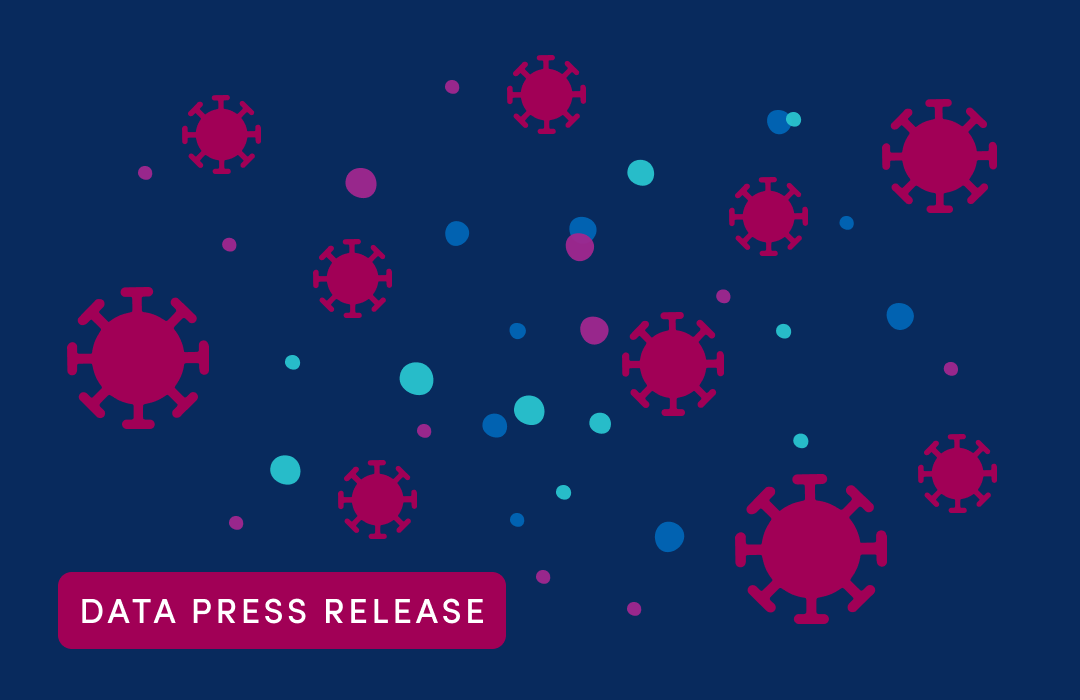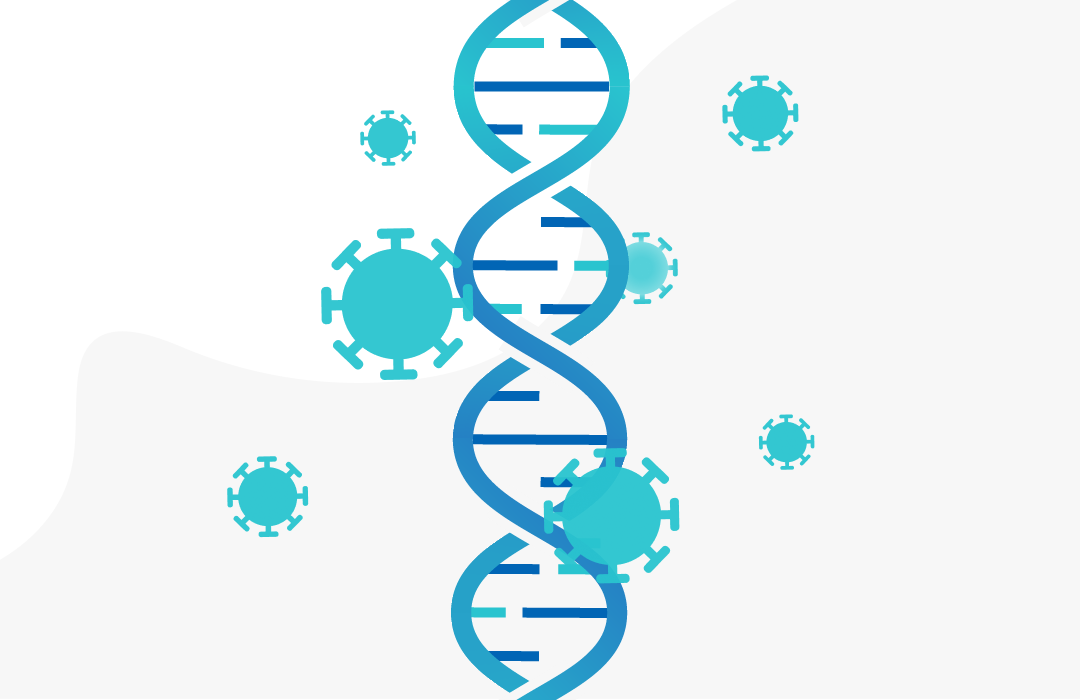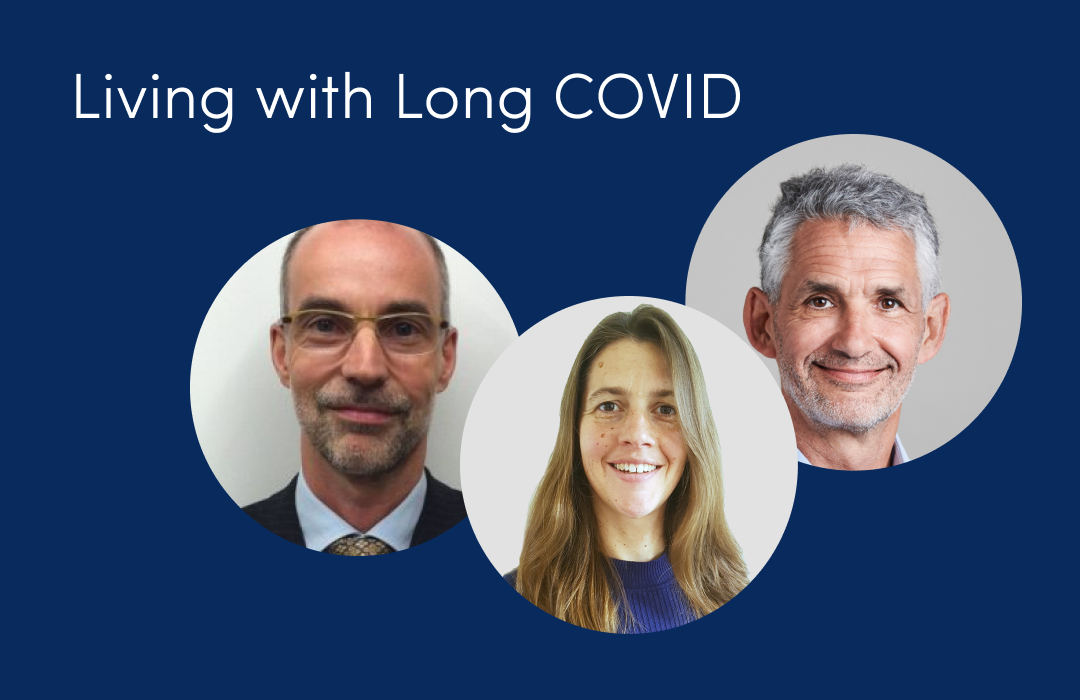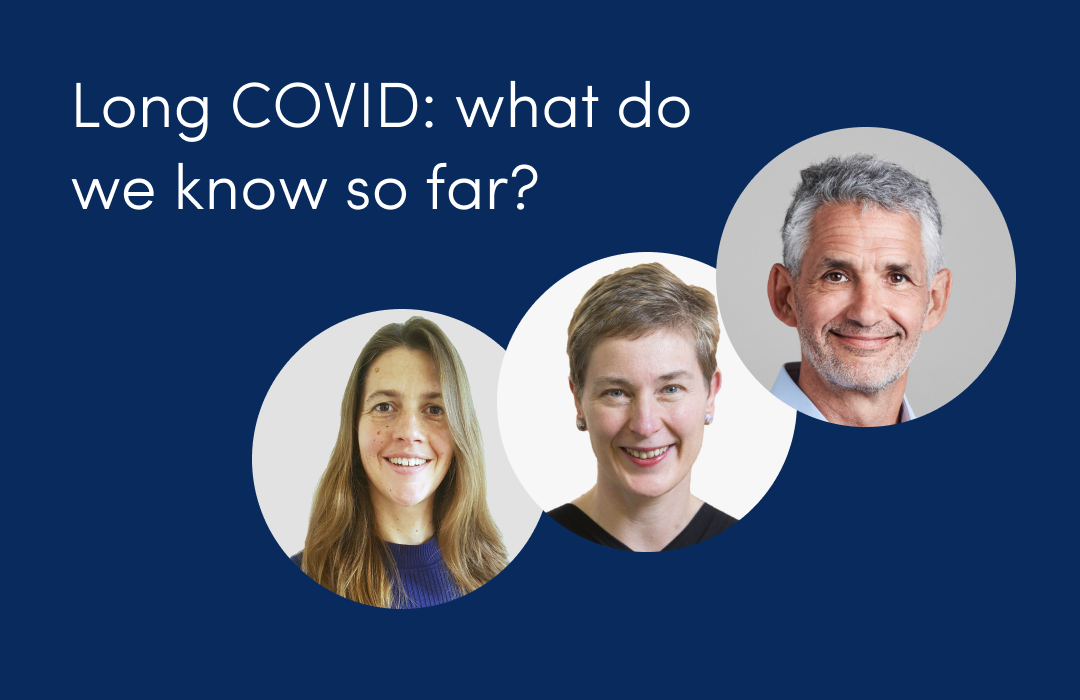
What’s my risk of COVID-19 after vaccination?
May 26, 2021

This article has not been updated recently
- Can you catch COVID-19 after being vaccinated?
- Who is most at risk of catching COVID-19 after being vaccinated?
- Are the symptoms of COVID-19 different after you’ve been vaccinated?
- How can I protect myself and others from COVID-19 after vaccination?
So far nearly 80% of the amazing ZOE COVID Study contributors have logged one or both of their COVID-19 vaccines in the app so far, adding up to more than 1.2 million shots in total.
We’ve previously written about the after effects from the Pfizer and AstraZeneca jabs, as well as our first findings on how well the vaccines are working.
Now we have enough data for our expert scientists to start looking at the chances of becoming reinfected after having one or both jabs, and who is most at risk. We’ve made the results available as a pre-print, and we’ll be sending it to a journal for peer review and publication as soon as possible.
Here’s what we found.
Can you catch COVID-19 after being vaccinated?
Together with our research colleagues at King’s College London, we looked at data from 1.1 million app contributors who had logged one or both doses of the Pfizer or AstraZeneca vaccine in the app between 8th December 2020 and 14th May 2021.
We saw that 2,394 and 187 people tested positive for COVID-19 more than two weeks after their first and second jabs, respectively, with the chances of becoming infected falling as time passed.
That’s the equivalent of one in 500 (0.2%) and one in 3,333 (0.03%), although your individual chances of getting infected after vaccination will depend on the prevalence of COVID-19 in your area at any given time.
Reassuringly, only 104 people in the vaccinated group who tested positive for COVID-19 ended up in hospital (one in 2,500 or 0.04%).
Who is most at risk of catching COVID-19 after being vaccinated?
Looking more closely, we saw that people with less healthy lifestyles and higher body mass index (BMI) were more at risk of becoming reinfected after vaccination, as well as people living in areas of higher social deprivation.
Older people with health conditions causing frailty were also more likely to get infected after their jab, which could be particularly relevant for elderly people living in care homes, although age itself didn’t seem to affect the chances of reinfection.
According to our analysis, people over the age of 60 who’d been vaccinated were less likely to develop prolonged COVID symptoms (long COVID) than those who had not.
Having an underlying health condition - including asthma, cancer, diabetes, and lung or heart disease - didn’t increase the chances of being reinfected after vaccination compared with unvaccinated groups, although there was a small increase in risk for people over the age of 60 with kidney disease. It’s possible that people with these conditions are still shielding to some extent, whether vaccinated or not, which could explain this finding.
Are the symptoms of COVID-19 different after you’ve been vaccinated?
Generally, we saw the same symptoms of COVID-19 being reported in the app by people who had and hadn’t been vaccinated, including loss of smell (anosmia), cough, fever, headaches and fatigue. However, fewer symptoms were reported over a shorter period of time by those who’d had a jab, suggesting that they were falling less seriously ill and getting better more quickly.
Curiously, we did notice that people who had been vaccinated and then tested positive for COVID-19 were more likely to report sneezing as a symptom compared with those without a jab.
If you’ve been vaccinated and start sneezing a lot without an explanation, you should definitely get a COVID test, especially if you are living or working around people who are at greater risk from the disease.
How can I protect myself and others from COVID-19 after vaccination?
No vaccine is 100% effective, even for the healthiest among us, and our research shows that some people are less well protected by their jab than others.
It’s particularly important that people working with frail older adults, such as health and social care workers, continue to use their lateral flow tests because younger people who are infected with COVID-19 might not have any symptoms if they’ve been vaccinated.
We all still need to be careful to follow the advice on ‘hands, face, space, fresh air’ to cut the chances of catching or spreading the virus.
Even if you’ve had both COVID jabs, it’s important to stick to public health guidelines to help protect your own health as well as those around you in your family, workplace and community.
Dr Claire Steves at King’s College London, who is the lead author on the study, says, “It’s great to see this evidence that vaccinated people experience fewer symptoms, are less likely to be hospitalised and that the risk of developing long COVID is lower in older people at least.
“Our work shows there are still groups to protect, especially frail older adults, and people living in more disadvantaged areas. These groups may need to be prioritised for second and booster vaccinations.”
In future, people who are most vulnerable to COVID-19 may be offered booster jabs to provide additional protection. To find out more, researchers at University Hospital Southampton NHS Trust are about to launch a clinical trial called CoV-Boost, studying the effectiveness of giving a third dose of seven different COVID vaccines.
At the moment, it looks like the vaccination programme is helping to control the pandemic across the UK but we must stay alert for the emergence of local hotspots, especially in light of new variants.
As we look forward to life hopefully getting back to some kind of normality, you can play your part in helping to keep everyone safe by joining a million other users and logging daily health reports in the ZOE COVID Study app.
Stay safe and keep logging.












.png)


.jpg)














.png)







%202.png)
.png)


















.png)



%20(1).png)


